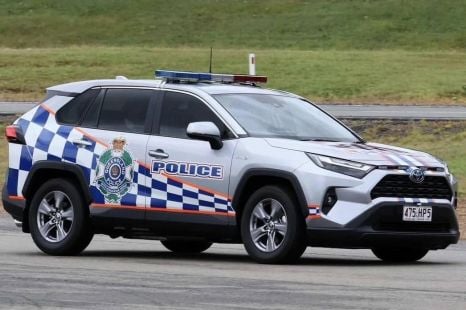

Max Davies
Toyota RAV4 deemed 'dangerous' by Queensland police
10 Minutes Ago
The NSW Government says drivers spending an average of $200 per week on tolls can receive over $7000 in rebates under a new scheme.

Contributor
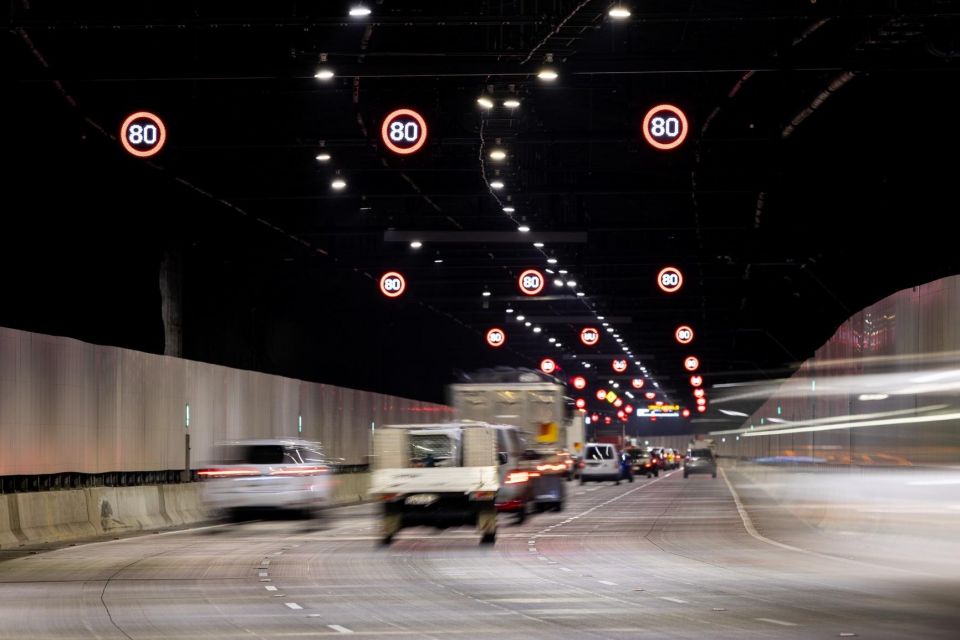

Contributor
The New South Wales Government expects 750,000 motorists will be eligible for its new toll relief cash rebate.
It’s trialling the scheme over a two-year period, which started on January 1, 2024.
Eligible drivers will be able to claim a cash rebate for any toll usage over $60 per week per vehicle. Drivers will be able to begin claiming through Service NSW from April 2024.
Drivers can check their eligibility on the Service NSW website and register for the $60 toll cap rebate here.
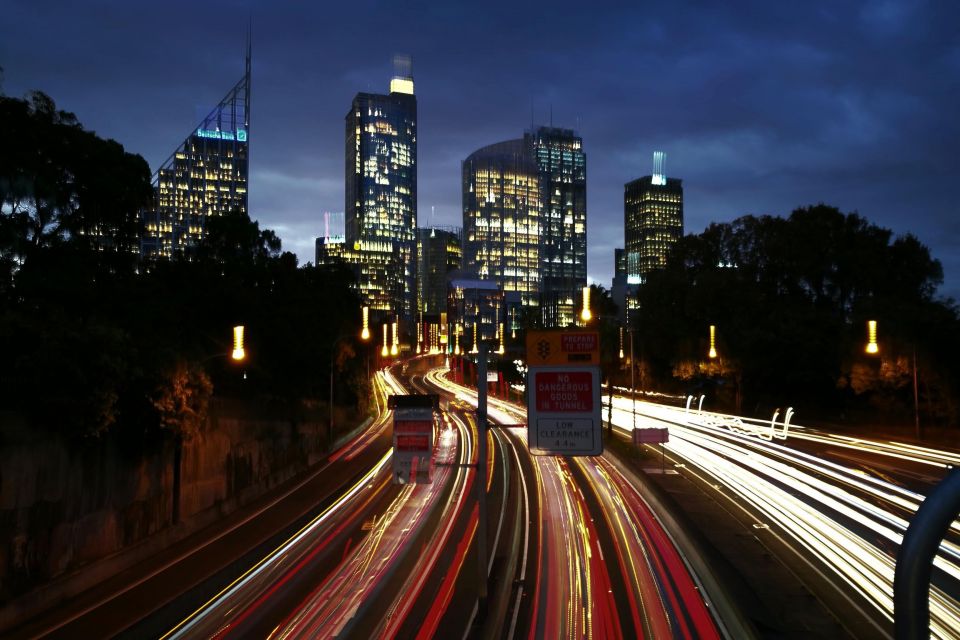
Rebates will be calculated on a weekly basis and paid quarterly into the driver’s nominated bank account.
Motorists who travel on any New South Wales toll roads – except the M5 South-West, which has its own cashback scheme – for private use only will be eligible for the rebate.
Rideshare vehicles and taxis registered to a business and heavy vehicles aren’t eligible for the rebate.
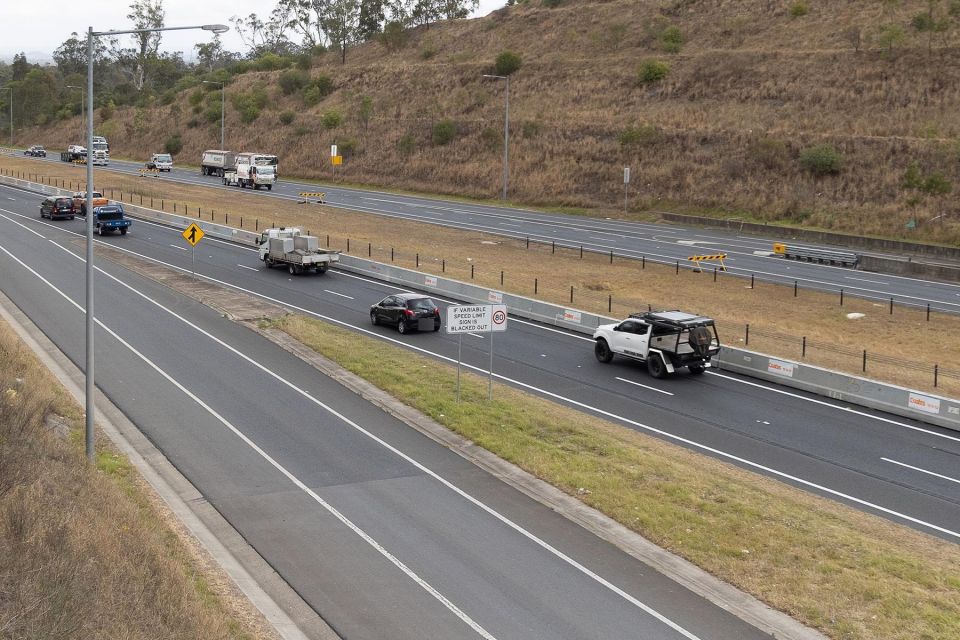
The state government claims drivers who spend an average of $200 a week on their toll usage can expect to receive approximately $7280 in rebates per year. Motorists can claim a maximum of $340 a week with the rebate.
The NSW Government also announced it will offer a separate toll relief scheme for trucks to encourage drivers to take routes along toll roads rather than local streets.
Any NSW- or interstate-registered truck travelling on the M5 East and M8 with a valid E-Toll, Linkt or Eastlink account will be eligible for the rebate.
The rebate for trucks will be calculated based on one third of the trip total across the M5 East and M8. It will be automatically refunded back to the toll account in the form of toll cap credits each quarter.
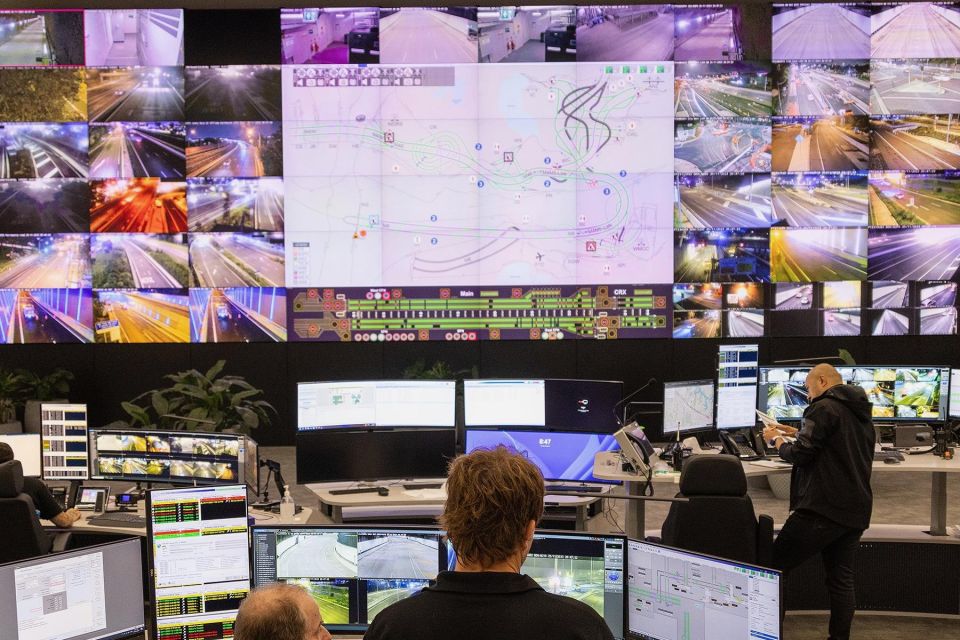
The NSW Government estimates the truck rebate will cost $54 million over the two-year trial.
“The Minns Labor government’s number 1 priority is helping people across NSW with the rising cost of living,” said acting premier and minister for Western Sydney Prue Car.
“Capping tolls to $60 a week is a key part of our commitment to ease the financial burden being faced by many families.
“This toll cap will provide toll relief where it is needed most, to families who are doing it tough, particularly across Western Sydney.”
Jade Credentino is an automotive journalist currently based in Melbourne, Australia. Jade has had a chance to review a variety of vehicles and particularly enjoys SUVs. She enjoys traveling and going on road trips exploring Australia.


Max Davies
10 Minutes Ago


Josh Nevett
55 Minutes Ago
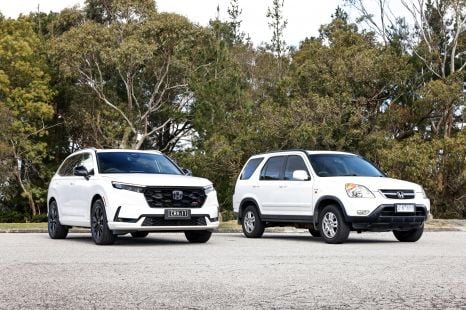

Andrew Maclean
2 Hours Ago


Ben Zachariah
3 Hours Ago
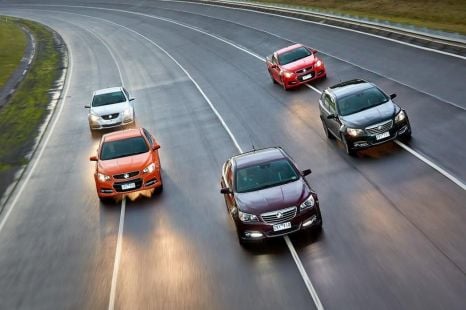

Damion Smy
3 Hours Ago


James Wong
3 Hours Ago